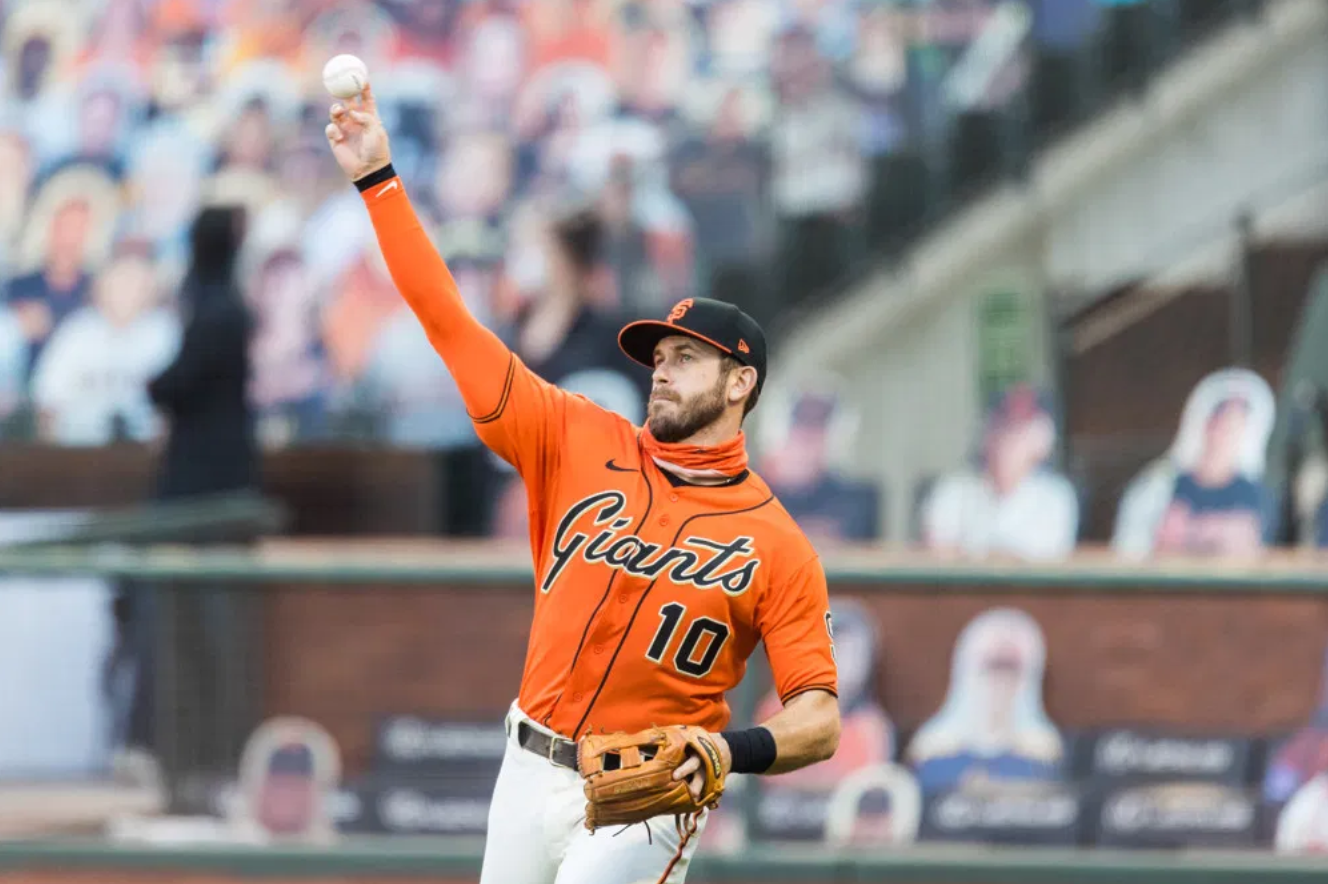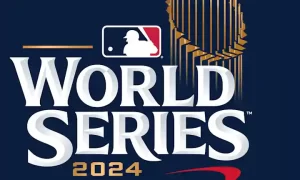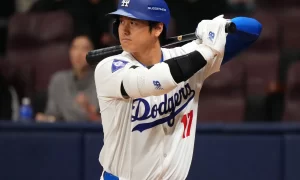Is Evan Longoria a Hall of Famer?

In his heyday as the face of the Rays, Evan Longoria appeared to be on a collision course with the Hall of Fame. He won the Rookie of the Year award at the age of 22, earned MVP votes in his first four MLB seasons, and has been responsible for some of the most memorable moments in Rays’ history – such as that one homer you probably remember. He agreed to a ten-year extension with the team following the 2012 season, and if he had only played as well in those ten years as he had to that point in his career, he probably would have entered the Hall wearing a Rays cap.
In his first six seasons, from that Rookie of the Year-effort through his age-27 season in 2013, he was 35% more productive than a league-average hitter by virtue of wRC+ (135) and worth 34.2 WAR. Fast forward to today, and he has been worth 52.6 WAR, compiled 1,774 hits and clubbed 308 home runs with a 118 wRC+. His offense sputtered after that 2013 season save for a resurgent 2016 effort, but he has at least managed to pad his counting stats – aided by the fact he played in at least 156 games in each of the four seasons after 2013, which were his last years as a Ray. After an offseason trade to the Giants preceding the 2018 season, the wheels really came off. His Giants tenure hasn’t gone according to plan, producing a mediocre 97 wRC+ and 4 WAR (.8 of which is just from his strong start to this season) over the three-plus year span. This comparatively poor production basically has meant that he’s played his way off the radar of most casual baseball fans, and all but the most die-hard Rays fans may scoff at the mere notion that he could ever be a Hall of Famer.
There isn’t really one thing in particular that Hall of Fame voters consider when they cast their vote for who deserves enshrinement in the Hall, but reputation and counting stats are certainly two areas that loom large. Take the case of Barry Bonds vs. David Ortiz for why reputation matters so much to Hall of Fame voters. Both of them are strongly suspected of having taken steroids even though they each technically never failed PED tests. One of them had one of the best careers any player has ever had, yet it’s the other one (Big Papi) who’s more likely to enter the Hall first thanks to his reputation as a more “likeable” player. Pete Rose, who’s right up there with Bonds as one of the best hitters of all time, was ostracized from the game thanks to his gambling scandal – yet sports betting is literally endorsed by MLB today. So why not reevaluate whether Rose deserves a spot in Cooperstown? Because he wasn’t a likeable guy, that’s why. The Baseball Writers’ Association of America, the group who gets to be the bouncer at the front door of the Cooperstown club, has a very subjective voting process. So subjective, in fact, that its voters could be swayed by something as inconsequential as they shared a laugh with the player in question at one point in the past. It’s why Harold Baines is in the Hall and Barry Bonds isn’t. If you don’t like it, the BBWAA has two words for you – tough noogies.
All this to say that Longoria’s reputation as a well-above-average player has been hindered by becoming a shell of his former self, and the longer he goes out there and plays mediocre ball before hanging up the cleats, the harder it becomes to remember the times when he was really good. There is some merit to playing until retirement is forced upon you, though, because as I mentioned earlier counting stats are really important in the vote too. Not so much things like WAR, wRC+, xwOBA, and other sabermetric-type things. Just your simple batting averages, home runs, hits, rbi’s. Old-school, easy-to-understand stats. They’re important enough that Félix Hernández was enticed to join the Orioles of all teams to try to resuscitate his waning career (in a deal that he opted out of before the season). “Let me tell you something, I have the numbers [to get in the Hall],” Hernández said in an interview with the Baltimore Sun. “I’ve got the innings, I’ve got strikeouts. But my goal is to get to 3,000 [strikeouts] and 200 wins.” Even though he’s been terrible for years now, he’s not wrong that reaching those thresholds would go a long way towards dispelling the bad taste that’s building up in voters’ mouths. Whether he has enough left in his arm to reach those marks is a story for another article (short answer – no), but the point stands that players buy into the fact that racking up stats counts for something – even if they damage your career numbers on a rate basis.
Sorry Félix, but let’s get back to Longo for now. He’ll be a free agent after this season, and he’ll be hard-pressed to find another starting gig at that point unless he keeps up his strong 2021 numbers. Realistically he probably has two or three more seasons as a bench/platoon player left in his career. I made some very conservative estimates for where his career numbers may end up at the time he retires and ranked them against the 14* third basemen already in the Hall of Fame.
* There are 17 third basemen in the Hall of Fame, but three of them played in the Negro Leagues and have no MLB statistics to compare.
Average – .263 (15th of 15)
On-Base Percentage – .330 (14th of 15)
Slugging Percentage – .468 (5th of 15)
Hits – 1,960 (12th of 15)
Home Runs – 340 (5th of 15)
RBI – 1,160 (9th of 15)
Runs – 1,010 (11th of 15)
WAR – 55.0 (11th of 15)
While he grades out surprisingly well in the power department, he doesn’t stack up too well overall against the majority of other third basemen in the Hall. In the hardware department, Longoria does have the Rookie of the Year Award on his mantle as well as three Gold Gloves and three All-Star Selections – but he’s never finished higher than sixth in MVP voting, nor does he have any World Series rings. Of the 14 third base inductees, ten of them have won at least one World Series, and unfairly or not Longoria’s doubters will always point to the fact that he never won one. Not ever being among the three or four best players in the league even in his peak is a haymaker blow to his case as well.
If he were to be inducted, Longoria would not be the worst third baseman to make his way into the Hall. That honor belongs to Freddie Lindstrom, who in his relatively short career was worth nearly 20 WAR less than Longoria has already been worth. He also never received more than 4.4 percent of the vote while he was on the ballot – falling just short of the 75 percent necessary to gain entry. He was elected by the Veteran’s Committee, which circumvented the BBWAA voting process. Just because Longoria has had a better career than Lindstrom isn’t really enough precedent to guarantee Longo’s admission, though, because not many people believe Lindstrom deserves the spot he has. Like Lindstrom, Longoria’s rightful place is in the Hall of Very Good – but not the Hall of Fame.
















